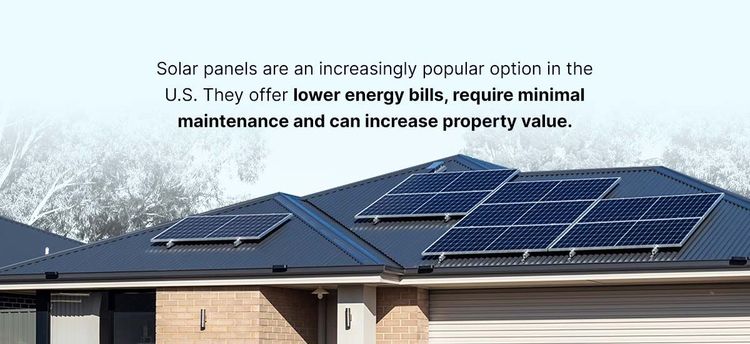30 Dec 2024

Combating climate change is often perceived as a task of grand gestures. However, contributing can be as easy as changing a light bulb. Home energy efficiency is a great tool for reducing CO2 emissions and pollution without compromising comfort. According to the United States Environmental Protection Agency, using energy more efficiently reduces greenhouse gas emissions and creates jobs. It's also critical to meeting the growing demand for energy ecologically and cost-effectively.
If you're thinking about improving your home's energy efficiency, this guide will help you get started.
Efficiency means using less energy to perform the same tasks or produce the same results. Energy-efficient technology is constantly evolving, with the International Energy Agency's analysis of global energy efficiency developments reporting new lower-energy cooling technologies and alternative heating systems each year.
Home energy efficiency is an easy and cost-effective way to combat climate change, reduce energy costs and achieve net-zero CO2 emissions. Homeowners can improve energy efficiency with simple actions that add up.
Assessing your home's energy usage is the first step to improving efficiency. Conducting an energy audit can help you determine how much energy you consume and where to prioritize energy-saving actions.
The main steps of an energy audit are:
Home insulation and sealing help to maintain consistent indoor temperatures year-round and lower HVAC costs while improving comfort. A few types of insulation materials are available:
You can routinely seal gaps around doors, windows and ducts with caulk, weather stripping and foam to increase energy efficiency.
Upgrading your HVAC system can significantly impact your home's comfort and utility usage, especially if you've noticed uneven temperature distribution and increased energy expenses. You can also opt for alternative heating and cooling solutions, such as:
Traditional incandescent light bulbs convert most of the energy they consume into heat rather than light. New lighting technologies such as LED and CFL use less energy and last longer than traditional lighting, so changing your light bulbs can increase energy savings. You can also reduce energy usage by replacing aging appliances like refrigerators, clothes dryers and dishwashers with newer, more efficient models.
Smart devices and home automatization are other options to optimize your energy use. A smart thermostat that adjusts temperatures automatically after learning your habits can improve your HVAC usage. Automating your lighting with dimmer switches and motion sensors will ensure that your lights are on only when you need them. By coordinating all these activities, you can conserve energy and live in a home that aligns with all your needs.
##Renewable Energy Options Harnessing renewable energy options is a powerful way to boost home efficiency while reducing your environmental impact. Solar panels are an increasingly popular option in the U.S. They offer lower energy bills, require minimal maintenance and can increase property value. They're most effective for homes with suitable roof space and sunlight availability.
Investing in renewable energy for your home might make you eligible for an annual residential clean energy tax credit. With the help of energy suppliers like Northeastern Power, accessing renewable energy options is easier than ever. Visit our sustainable energy section and find tailored solutions to transition to clean energy.
Low-flow fixtures reduce water use in various plumbing systems without sacrificing performance. They also minimize water heating use. Efficient water heaters are an alternative to traditional tank systems, as they provide hot water only as needed, delivering a constant supply without standby energy losses.
Harvesting rainwater for nonpotable use, like watering plants, is also a way to conserve water and reduce reliance on municipal sources. A home setup requires:
When it comes to sustainability, every small change makes a difference. Whether you start applying efficient energy usage practices or seek more sustainable energy options, you contribute to a cleaner environment, lower energy costs and a more sustainable planet for future generations. If you're ready to maximize your energy efficiency by switching to renewable, contact our team today!